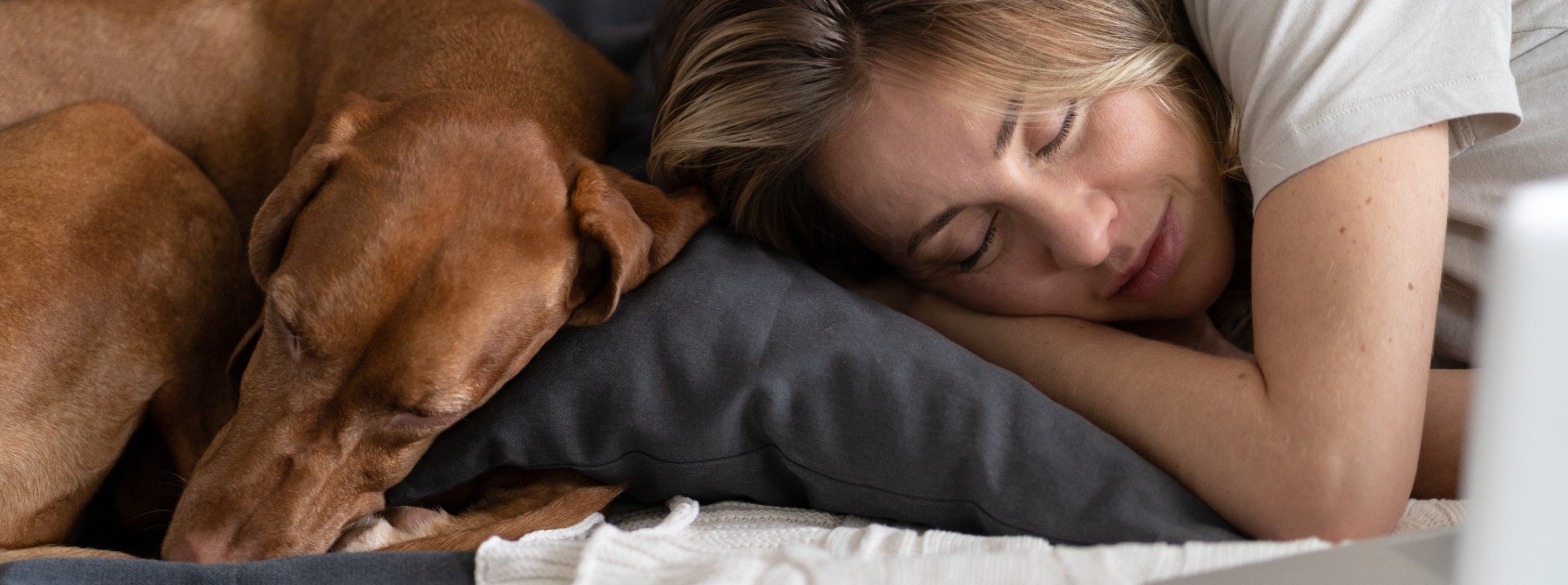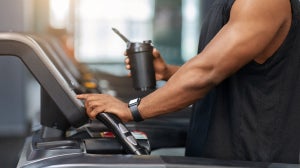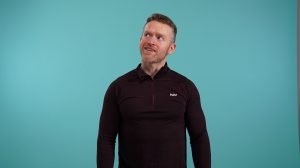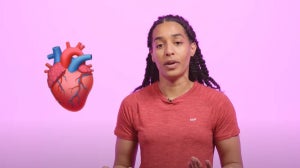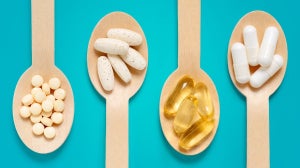
Ah, a good nap. You really can’t beat it, can you? Well, until you wake up feeling groggy and worse than you did before.
But what if I told you there’s a “correct” way to nap that gets around this, so you can get the benefits for alertness nut without the grogginess?
You’d probably start scheduling a short siesta into your day, no?
Importance of sleep
In this “grind harder” society we live in we often hear things like “mindset is everything” and “rest is for the weak”, or we need to be a member the 5am Club if we want to be taken seriously. No second of the day should be wasted in the pursuit of success.
But we’re human. We’re not robots. We have physical, mental and emotional needs. We need to switch off — literally — and give our minds and bodies a rest.
Before I get into all the benefits of a little midday snooze, I want to first discuss the importance of a good night’s sleep. And it’s not always about quantity.
Preliminary results from the “world's largest sleep study”, which has surveyed more than 40,000 people across the world, have shown that people who sleep on average between seven to eight hours per night performed better cognitively than those who slept less or more than this amount.1
Another surprising finding was that sleep affected all adults equally. The amount of sleep associated with “highly functional cognitive behaviour” was seven to eight hours for all age groups. And the negative effects associated with too little or too much sleep were also not age dependent.1
Why do we sleep?
Energy conservation
According to some theories, when we sleep we conserve energy. Sleeping allows us to reduce our calorie needs by spending part of our time functioning at a lower metabolism.2 Although, to the surprise of some, we do still burn calories while we sleep.
Repair
The restorative theory puts forward sleep as a time when the body repairs itself. Many vital body functions occur overnight during sleep, including muscle repair, protein synthesis, tissue growth and hormone release.3
Brain function
Brain plasticity theory proposes that sleep is needed for the brain to develop in structure and function.3 This would explain why babies need so much sleep, as it’s such a crucial development period.
Emotional well-being
The effects of stress on sleep quality are well known, but there’s also evidence that sleep plays a role in regulating emotions.4 Getting a good night’s sleep is incredibly important if we want to feel good the next day.
Weight maintenance
Sleep can influence body weight because of the role it plays in controlling hunger hormones. Ghrelin, which increases appetite, and leptin, which increases the feeling of fullness, are the two main hormones. Lack of sleep elevates ghrelin and suppresses leptin, leading to increased hunger and appetite in the morning.5
Immune system
Sleep and the immune system are deeply interconnected. When we don't get enough sleep, we’re more susceptible to infection.6 And when we’re stressed or sick, it’s important we get proper sleep.
What happens when we don’t get enough sleep?
Lack of sleep is associated with many risk factors for serious conditions, and it can also have a significant effect on mental health. Consequences of sleep deprivation can include anxiety, depression, mood changes, poor memory, focus and concentration.
Here are some practical guidelines for getting better sleep:
Routine
We know how important this is for babies, and yet so often we forget to apply it to ourselves. Try to keep consistent sleep and wake times. Have a wind-down before bed that includes something relaxing — like having a bath, reading, doing some calming breath work or meditating — and try to avoid anything too stimulating. I also recommend a gratitude practice before bed: write down three to five things from your day that you’re thankful for.
Lights
Our circadian rhythm is greatly dictated to by the natural light-dark cycle, so getting enough daylight when we are awake is extremely helpful.
Avoid over-exposure to bright artificial light (put down your phone) in the hours before bed. At the very least, set your phone to “night mode”. Blackout curtains and an eye-mask are also great for blocking out light when we’re sleeping.
Caffeine
Caffeine can stay in your system for many hours after consumption, often longer than five hours. So it’s best not to drink coffee too late in the afternoon as it may affect your sleep.
Alcohol
The old saying that you sleep better after a drink is a complete myth. You may fall asleep quicker after having a drink, but quality of sleep will be greatly affected. Have you ever wondered why even with eight hours of sleep after a night out you still feel tired? This is why.
Try to avoid eating too much close to bedtime
Leave a couple of hours between your last meal of the day and going to sleep so you have plenty of time to begin digesting the food.
So, what about napping?
An Australian study set out to find out what length of nap had the most benefits.7 Researchers pitted naps of five, 10, 20 and 30 minutes against one another. They found that a five-minute had barely any advantages, but naps of 10 minutes brought improvements in all outcome measures (sleep latency, subjective sleepiness, fatigue, vigour and cognitive performance).
Participants who napped for 20 or 30 minutes had to wait half an hour or more for post-nap grogginess to wear off, while 10-minute naps brought increased alertness without any grogginess, with some benefits lasting as long as 155 minutes.
The 20-minute nap was associated with improvements appearing 35 minutes after napping and lasting up to 125 minutes after napping. The 30-minute nap produced a period of impaired alertness and performance immediately after napping, followed by improvements lasting up to 155 minutes after the nap.
Guidelines for napping
Keep naps short. Set an alarm and nap for only 10 or 15 minutes.
Take naps in the early afternoon. Napping after 3pm can interfere with night-time sleep.
Create a restful environment.
Move around soon after waking up.
Drink coffee before your nap. This may sound a little crazy but drinking a cup of coffee before lying down to sleep can help you to feel alert after you wake up from a short nap. One UK study showed that a 15-minute “coffee nap” reduced driving impairments, subjective sleepiness, and indicators of drowsiness.8
Take home message
Although a midday nap is all too often a risky game of roulette — will you wake up feeling energised or like you’ve been mugged? — there are ways to game the system. In fact, a well-planned and executed nap can be a shortcut to success, leaving you more alert than before you took a quick snooze.
Enjoy this article?
READ MORE HERE:
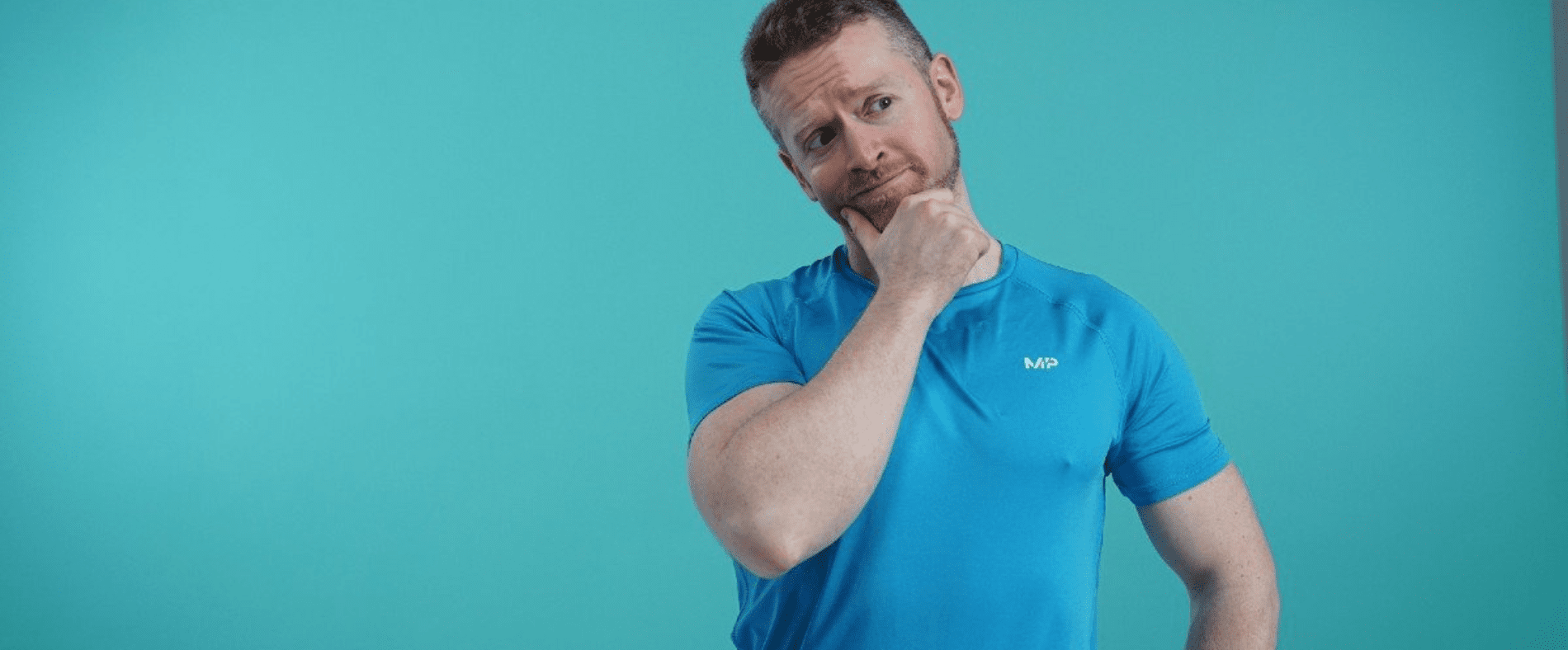
Why Macro Splits Are Flawed | Nutritionist Explains
Richie spills the tea on macro splits.
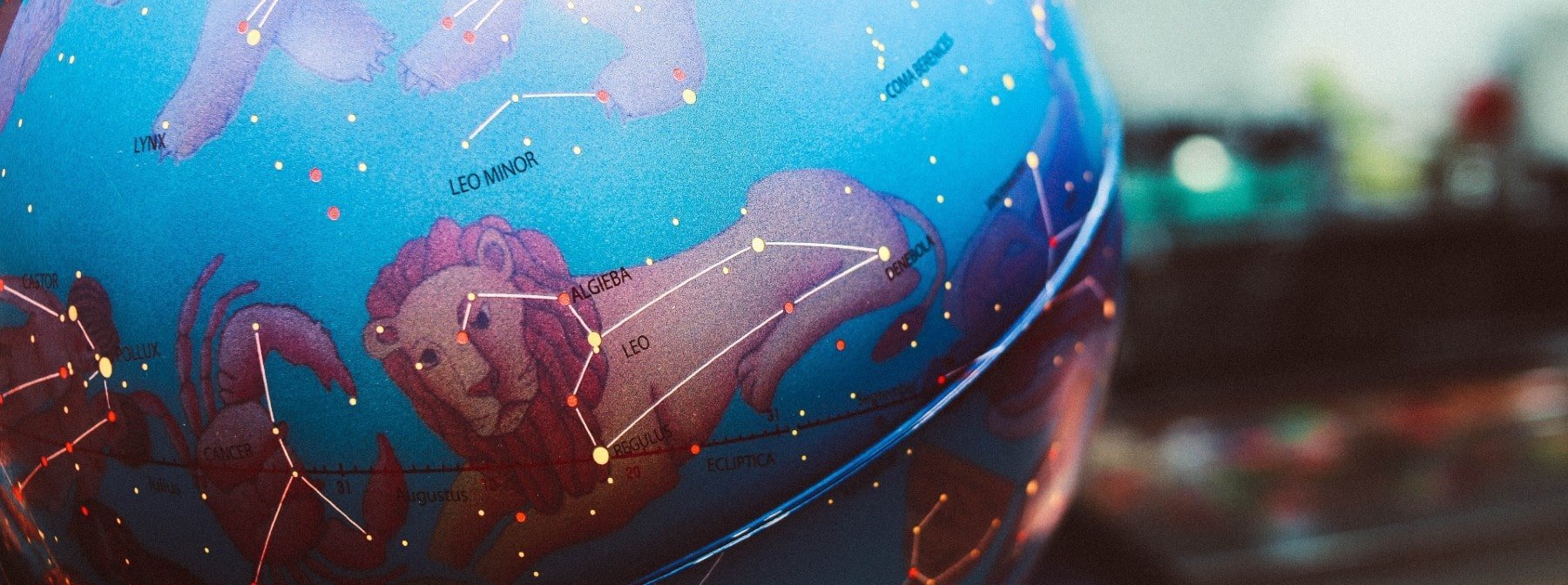
‘Nearly All Of It's Nonsense’ | Nutritionist Reviews The Zodiac Diet
Nutrition might not be written in the stars.
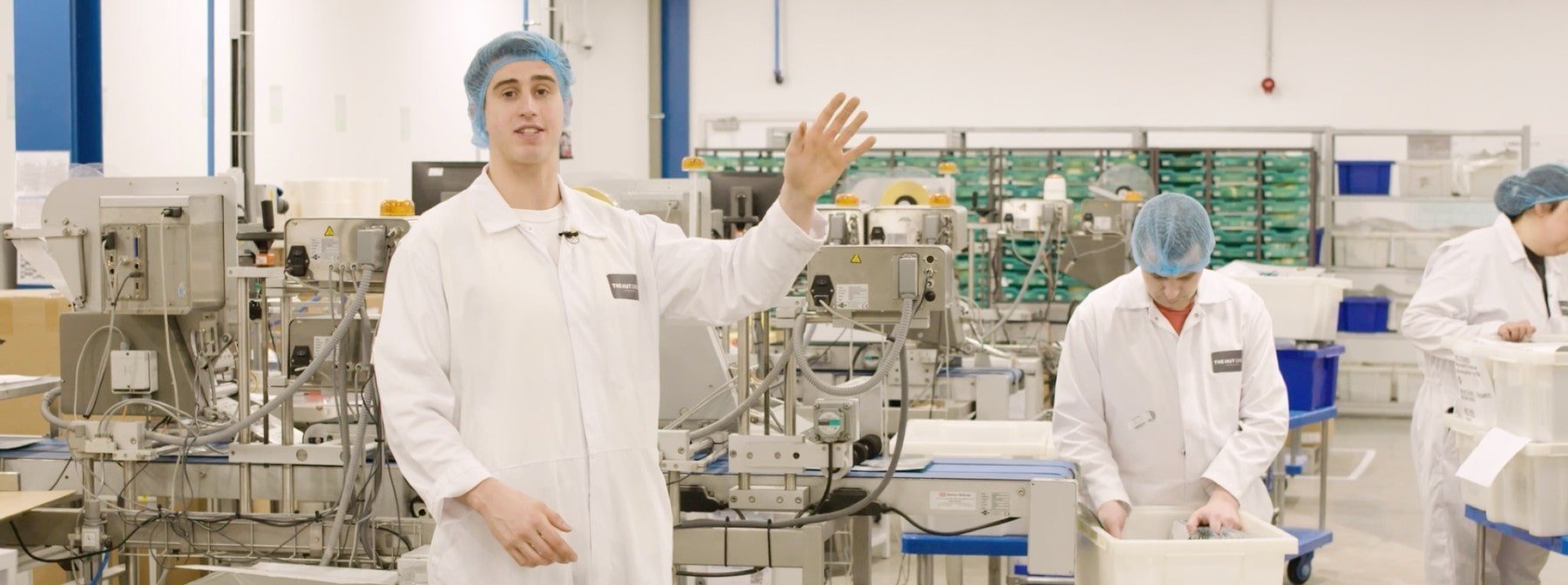
How Your Whey Protein Is Made | Inside Our UK Protein Factory
Come behind the scenes at our factory in Warrington.
- Wild CJ, Nichols ES, Battista ME, Stojanoski B, Owen AM. Dissociable effects of self-reported daily sleep duration on high-level cognitive abilities. Sleep. 2018;41(12):zsy182. doi:10.1093/sleep/zsy182
- Schmidt MH, Swang TW, Hamilton IM, Best JA. State-dependent metabolic partitioning and energy conservation: A theoretical framework for understanding the function of sleep.
- Brinkman JE, Reddy V, Sharma S. Physiology of Sleep. In: StatPearls. Treasure Island (FL): StatPearls Publishing; September 24, 2021.
- Vandekerckhove M, Wang YL. Emotion, emotion regulation and sleep: An intimate relationship. AIMS Neurosci. 2017;5(1):1-17. Published 2017 Dec 1. doi:10.3934/Neuroscience.2018.1.1
- Knutson KL, Van Cauter E. Associations between sleep loss and increased risk of obesity and diabetes. Ann N Y Acad Sci. 2008;1129:287-304. doi:10.1196/annals.1417.033
- Asif N, Iqbal R, Nazir CF. Human immune system during sleep. Am J Clin Exp Immunol. 2017;6(6):92-96. Published 2017 Dec 20.
- Brooks A, Lack L. A brief afternoon nap following nocturnal sleep restriction: which nap duration is most recuperative?. Sleep. 2006;29(6):831-840. doi:10.1093/sleep/29.6.831
- Horne JA, Reyner LA. Counteracting driver sleepiness: effects of napping, caffeine, and placebo. Psychophysiology. 1996;33(3):306-309. doi:10.1111/j.1469-8986.1996.tb00428.x

